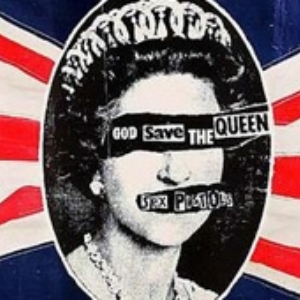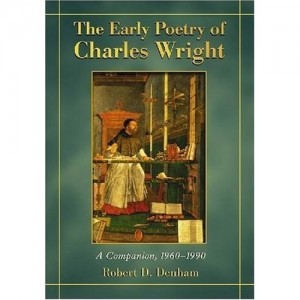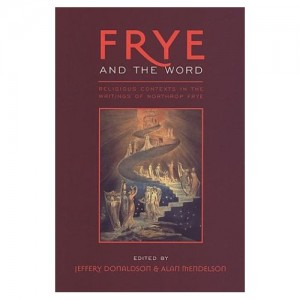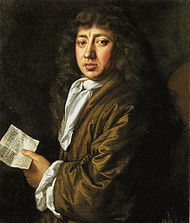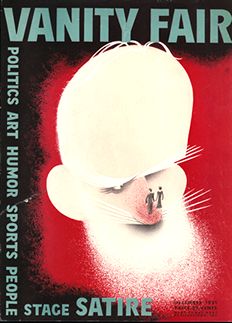
Bob Denham sends us still more excerpts from Frye on Shaw. The mischievous spirit of the Vicar of Bray evidently prevails. All in all, a remarkable amount of commentary has been generated by a single compellingly ambiguous diary entry from August 25th, 1942.
From the Diaries, 391-2:
I think the Blake is well in hand, and I’m starting on Shaw. [The reference is to CBC Radio talks on Blake and Shaw that Frye gave in 1950.] My adolescent interest in Shaw pretty well faded out when I came to college—well, no, it didn’t, as I re-read all of his stuff later, but for some reason I’d never read any play of his later than The Apple Cart. [When he was on a visit to the home of classmate Graham Miller during the summer of 1933, Frye wrote to Helen Kemp that “the family here has all of Shaw’s plays in one volume and I have read six since Wednesday. I read all of Shaw at fifteen and he turned me from a precocious child into an adolescent fool. Therefore he has had far more influence on me than any other writer” (NFHK 1:98).] Doesn’t look as though I’ve really missed much. Too True to be Good is an interesting comedy of humors: his trouble is he can’t just let humors be enlightened by each other: he wants a central character. In that particular play the nearest norm is Private Meek, an ingenious tricky-slave modulation. On the strength of The Apple Cart and the name of Good King Charles I’d been saying that Shaw had finally revealed himself as a frustrated Royalist, & I don’t think I was so far out. Meek is actually a Caesar in disguise, Charles II is certainly the one idealized figure in his play, the Judge in Geneva is a practically royal centre of gravity, & the fact that the king is missing from On the Rocks is what makes that such a silly play: it’s Shaw’s version of England in 1659, waiting for its monarch to appear. Of course Shaw points out the vulnerable point of hereditary kingship, the non-transmissibility of genius, which he gets around in Major Barbara—significant he has to speak of it. But there’s more to it than that….
Going on with Shaw, he’s preoccupied by the search for the “ruler”: he simply can’t understand that the world is trying to outgrow all that nonsense about rulers. He has very little sense of the governor-principle as that which has authority without power: it’s there in the middle of Geneva, I know, but he’s not satisfied with it. The dialogue of Christ & Pilate ends in a deadlock. He can see through Pilate, & doesn’t really want a dictator, though he’s enough of a senile enfant terrible to play with the notion. The closest he comes to it is in the preface to Geneva, where he speaks of Mill & of the right to criticize. He naturally sees that Stalin is a Pope, the incarnation of a dialectic, & rejects the Papacy, which he’s consistent in regarding as the only possible form of Christianity. But in a rare flash of real insight he makes King Charles say that the Pope is always a Whig. And he doesn’t really go for the Platonic philosopher-ruler. No, it’s the royal epiphany, the king and queen (it’s very funny how he plops the “coupled vote” business into the preface to Good King Charles) [Shaw’s proposal that the representative unit should be a man and a woman so that every elected body would have equal numbers of men and women. See the preface to “In Good King Charles’s Golden Days,” in Complete Plays with Prefaces (New York: Dodd, Mead, 1962), 6:7–9.] who are also normative in The Apple Cart, the rejuvenated father & mother (Cf. “Mopsy & Popsy” in TTG [To True to be Good]: the process doesn’t carry through there). Not national royalty ultimately, of course: a Caesar or Charlemagne: Dante’s Feltro or super-Constantine: but still nostalgia for the days “when loyalty no harm meant” [“In good King Charles’s golden days, / When loyalty no harm meant” (The Vicar of Bray, ll. 1–2).] & when a representative of Louis XIV could be the comic Last Judgement on Tartuffe. Continue reading →

